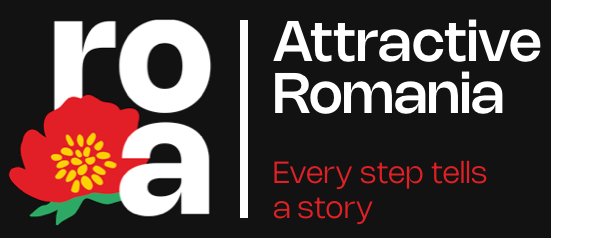Would you believe that today you can still encounter a building with a military purpose that has survived the tumultuous events of the Hungarian Revolution of 1848-1849?
Well, at the outskirts of the village of Aita Mare in Covasna County, the walls of the Hussar Barracks seem to have avoided all the dangers of the time, being among the few constructions left from that period. According to the inscription above the main entrance door, the barracks were built in 1826 with funds from the Treasury of the Austrian Empire, for the military needs of the Szekler Hussar Border Regiment, who defended the borders.
Since then, it has had multiple uses, and the passage of time has left visible traces on its walls. However, this doesn't diminish its value, and stepping into the atmosphere of the events that unfolded around it is an experience worth having. A single visit is enough, and fragments of history will unfold before your eyes.
Brief historical insight
The Hussars emerged sometime in the 15th century, with the role of defending the borders of the Austro-Hungarian Empire. In this context, the barracks in Aita Mare were erected to serve the military organization and housing needs of the Hussars during the Hungarian Revolution of 1848-1849.
Later, the building was transformed and expanded in the early 1870s but was listed as a communal elementary school only in 1939 in the inventory of assets held by the Aita Mare City Hall. It was nationalized in 1948 when it came under the ownership of the local agricultural cooperative and served even as a collective living space. In 2007, it was repurchased by the Aita Mare City Hall, which became the current owner of the property.
Notable names
Colonel of Hussars Kiss Sándor was the commander of the 11th Szekler Border Hussar Regiment, a hero nicknamed "Leonidas of the Timiș Pass." He was born in 1809 in the village of Păpăuţi in Covasna County, into a family belonging to the small Szekler nobility. In December 1848, he joined the army led by General Bem.
Unique Experiences
Year after year, the tradition of recruiting Hussars from young and old Szeklers is revived, dressed in the hussars' uniforms of their ancestors. During the celebration, which extends across Covasna and Harghita counties, you can see the "Hussar Honor Guard" formed by dozens of riders, a group of dancers presenting the "verbunk dance" - the old recruitment dance, and the symbolic recruitment ritual of several young men who take a sip of pálinka from the "hussars' cup" and mount their horses, joining the hussars. In the background, the well-known song "Gábor Áron rézágyúja fel van virágozva" is sung, a representative military song.
3D Animation
Virtual tour
Facilities
Parking
Own
Landmark access
Bicycle, Railroad, Walking, By car
Status
Temporarily closed
Sanitary group in the location or proximity
No
Restaurant or cafe on the premises
No
Wi-Fi
No
Access facilities for disabled people
No
The custodians reserve the right to modify the visiting conditions of the attractions.
Reviews

.jpg?locale=en)
.jpg?locale=en)
.jpg?locale=en)
.jpg?locale=en)
.jpg?locale=en)
.jpg?locale=en)


.jpg?locale=en)
.jpg?locale=en)
 Continue with Google
Continue with Google
